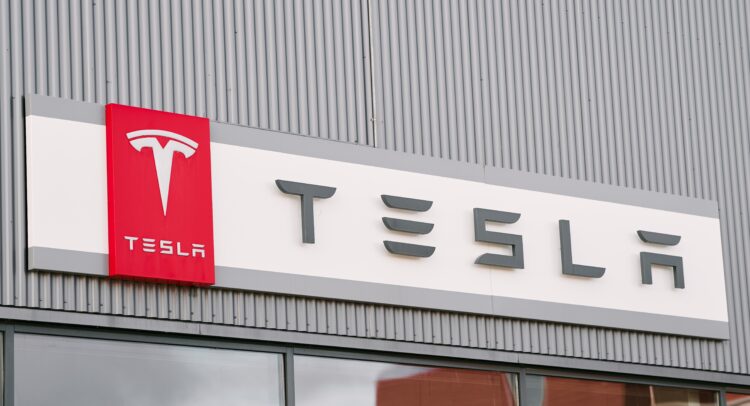Tension is brewing at electric vehicle giant Tesla (NASDAQ:TSLA) as some shareholders are urging investors to reject CEO Elon Musk’s hefty $46 billion pay package. Additionally, the shareholder group is opposing the re-election of directors Kimbal Musk and James Murdoch, citing a lack of board independence and failing to properly assess the compensation plan.
Confident Investing Starts Here:
- Easily unpack a company's performance with TipRanks' new KPI Data for smart investment decisions
- Receive undervalued, market resilient stocks right to your inbox with TipRanks' Smart Value Newsletter
The shareholder group includes Amalgamated Bank (AMAL), SOC Investment Group, Danish pension fund AkademikerPension, Nordea Asset Management, investment manager United Church Funds, and New York City Comptroller Brad Lander.
The proposals, including Musk’s package, board members’ re-election, and the transfer of the company’s state of incorporation to Texas, are up for voting by TSLA’s shareholders at the company’s upcoming annual meeting, scheduled for June 13.
Here’s Why Shareholders Are Opposing Musk’s Package
The opposition to the pay package comes amid TSLA’s falling profit margins, slowing vehicle sales volume, and declining market capitalization.
Moreover, the shareholder group fears that Musk’s commitment to five other companies keeps him distracted from his duties at Tesla. In a letter to investors, the group stated the need for a full-time CEO who is adequately focused on the long-term success of the company.
Furthermore, adding fuel to the fire are Musk’s mounting legal troubles. Over the past few months, the CEO has faced investigations into his $44 billion takeover of Twitter and lawsuits involving TSLA’s Autopilot driver assistance system. These legal roadblocks continued to upset the shareholders.
Is Tesla a Buy or Sell?
Analysts remain sidelined about TSLA stock, with a Hold consensus rating based on nine Buys, 15 Holds, and nine Sells. The analysts’ average price target on TSLA stock of $174.60 implies a downside potential of 0.2% from current levels. Year-to-date, the stock is down about 30%.
Interestingly, investors considering TSLA stock could follow Robert W. Baird analyst Ben Kallo. He is the best analyst covering the stock (in a one-year timeframe). He boasts an average return of 18.94% per rating and a 56% success rate. Click on the image below to learn more.

Looking for a trading platform? Check out TipRanks' Best Online Brokers , and find the ideal broker for your trades.
Report an Issue















